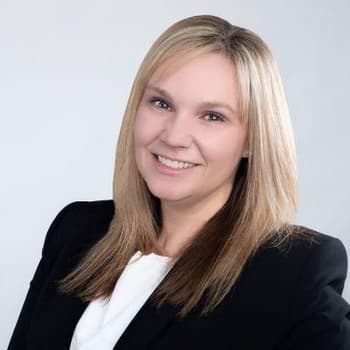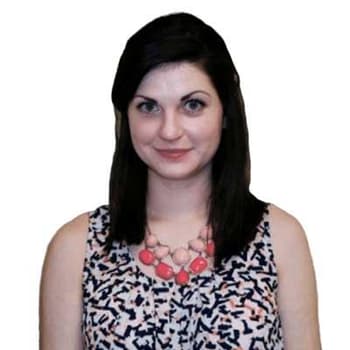Seasonal affective disorder treatment has a high success rate. Here are some of the common treatment for seasonal affective disorder.
Seasonal affective disorder, also known as SAD, is adepressive disorderwith symptoms confined to certain times of the year. Most people who experience SAD are affected during the fall and winter months when there is less sunlight. Seasonal affective disorder treatment has a high success rate. Here are some of the common treatment for seasonal affective disorder.
Light Therapy
Seasonal affective disorder light therapy is usually the first treatment given for this disorder. Light therapy consists of sitting near a light box for an allotted amount of time to make up for the lesser amount of natural sunlight. Light therapy should begin once SAD symptoms begin to minimize impairment.
Medications for SAD
Some people with seasonal affective disorder do not respond to light therapy fully and require further complementary treatment. Seasonal affective disorder medication may be a good option for people who still have SAD symptoms after light therapy. However, light therapy may take a few days to a few weeks to show improvement.
When light therapy is not successful,antidepressantsfor seasonal affective disorder may be prescribed. This includes medications such as Zoloft, Celexa, and Prozac. Some people remain on medications for the entire year while others only take medication during the months they are affected by SAD.
Treatment Can Be Life Changing. Reach out today.
Whether you are struggling with addiction, mental health or both, our expert team is here to guide you every step of the way. Don’t wait— reach out today to take the first step toward taking control of your life.
Psychotherapy
Seasonal affective disorder therapy may be helpful in addition to light therapy, medication management, or both. Seasonal affective disordercognitive behavioral therapyhelps a person change their negative beliefs and self-talk, increase positive coping skills, and improve stress management.
Alternative Techniques
Seasonal affective disorder alternative treatments are very popular. Many show positive results and generally have no side effects. Even if a person does not struggle with symptoms that meet the diagnosis criteria for SAD, alternative treatments may improve low mood during certain months.
- Meditation.Relaxation techniques such as meditation for seasonal affective disorder have been shown to improve mood. Meditation can also help to reduce stress which may compound symptoms of SAD. A person may choose to do guided meditation when first practicing meditation. Meditation like many other treatments may not show benefits immediately so it is important that a person sticks with a meditation routine until benefits are reaped.
- Yoga.Yoga for seasonal affective disorder combines two other alternative techniques—meditation and exercise. Engaging in yoga can reduce stress and improve mood through the release of endorphins. Yoga often focuses on deep breathing which may further reduce stress.
- Exercise.Implementing exercise for seasonal affective disorder can improve mood and reduce other symptoms of SAD. If exercise is used year-round benefits are likely to be greater but increasing physical activity only during times where SAD is active may help as well.
- Get Outside.One of the most common triggers for seasonal affective disorder is the lowered amount of sunlight in the fall and winter months. Going outside and being in natural light can relieve symptoms. Outside time is most beneficial within the first few hours of waking.
Treating SAD and Co-Occurring Substance Abuse
Like with other mood disorders, substance use is very common with people who have seasonal affective disorder. Treatingseasonal affective disorder and addictiontogether will provide the greatest benefits. If you or a loved one is considering treatment for substance use and a co-occurring mental health condition, The Recovery Village can help. We have representatives available 24/7 to answer any questions you may have about treatment options.








